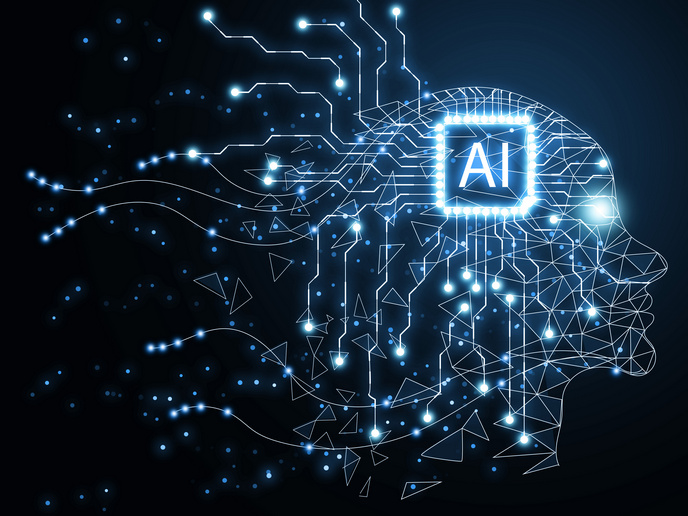Dear AI, collaborative shared awareness is the way to go
As artificial general intelligence gains more ground, so does our fear of machines gaining human-like consciousness. A more reliable, energy efficient and ethically manageable alternative is the development of domain-specific AI. A new study supported by the EU-funded EMERGE project explains that this alternative does not require machines to be conscious. It also argues that we can manage very well with simpler ways of sharing awareness. AI and robots of the future can be developed either to be increasingly capable so as to perform many tasks or to have a narrower scope and therefore only perform specific tasks. The former, which is more often in the spotlight, raises concerns that unintended consequences or ethical dilemmas may result from tasks performed by complex, unpredictable domain-general AI systems. Furthermore, operating a general-purpose system is rather energy-inefficient, as seen with today’s large language models.
Consciousness not needed
Proponents of the alternative vision, the study authors argue that when planning a number of simultaneous or sequential actions across different AI-specialised systems, the presence of consciousness within each system is neither essential nor sufficient. “What is needed is the capacity for selectively sharing relevant states with other AI systems in order to facilitate coordination and cooperation - or a collaborative shared awareness for short,” explains study lead author Prof. Ophelia Deroy of EMERGE project partner Ludwig Maximilian University of Munich, Germany, in an article posted on the project website. Prof. Deroy, who is an expert in philosophy of mind and cognitive neuroscience, goes on to clarify: “As the word ‘awareness’ is sometimes used as a synonym for consciousness, it is important to stress that collaborative awareness is significantly different from consciousness.” Unlike consciousness, shared awareness is, by definition, not a private state. It is also transient, meaning that states are only shared with others when coordination or cooperation is required, whereas consciousness is continuous. What is more, while consciousness is generally viewed as being integrated or unified, shared awareness can be selective about sharing different states with others and can be partitioned across different artificial agents. “Shared awareness makes artificial agents easier to monitor, and control for human operators,” observes study senior author Sabine Hauert, professor of swarm engineering at EMERGE (Emergent awareness from minimal collectives) project partner University of Bristol, United Kingdom. “It also enables systems to work better together, even if they were designed by different companies. Shared awareness could help autonomous vehicles avoid collisions, logistics robots coordinate the delivery of packages, or AI systems analyse complex patient medical history to come up useful [sic] treatment recommendations.” For more information, please see: EMERGE project website
Keywords
EMERGE, AI, artificial general intelligence, consciousness, shared awareness



